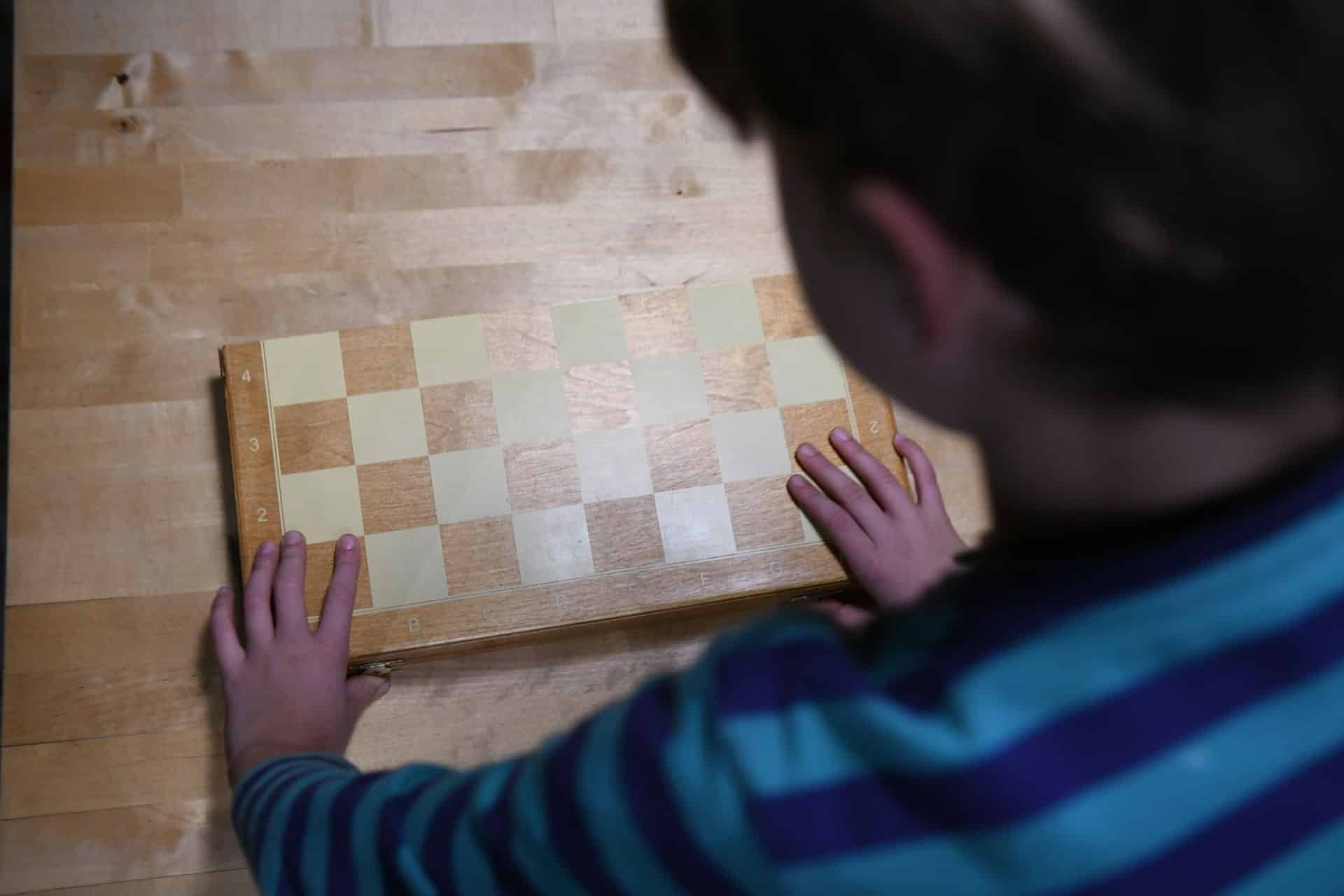Are you a chess enthusiast looking to bring together like-minded individuals on your college campus? Starting a chess club can be an excellent way to connect with other players, improve your skills, and create a vibrant community centered around this fascinating game. Amidst the responsibilities of club leadership, students may find themselves struggling to balance their academic workload. In such cases, students can try Academized for essay writing services. With Academized.com, students can delegate their essay writing tasks to experienced professionals, allowing them to dedicate more time and energy to the successful operation of their college chess club. By leveraging the assistance of Academized for essay writing services, students can effectively manage their academic commitments while pursuing their passion for chess club leadership. In this comprehensive guide, we'll walk you through the essential steps to establish a successful college chess club.
Table of Contents
Getting Organized
1. Gauge Interest
Before embarking on the journey of starting a club, it's crucial to assess the level of interest among your fellow students. Reach out to friends, classmates, and even professors who share a passion for chess. You can create a simple online survey or distribute flyers around campus to gauge potential membership.
2. Find a Faculty Advisor
Most colleges require student organizations to have a faculty advisor. This individual serves as a liaison between the club and the administration, providing guidance and support. Approach professors or staff members who have an interest in chess or understand the value of extracurricular activities.
3. Draft a Constitution
A well-written constitution is essential for any student organization. It should outline the club's purpose, membership requirements, leadership structure, and meeting procedures. Having a clear set of rules and guidelines will help ensure smooth operations and prevent misunderstandings down the line.
Obtaining Official Recognition
1. Check University Requirements
Each college or university has its own set of requirements for recognizing student organizations. Familiarize yourself with these guidelines, which may include submitting a club constitution, securing a minimum number of members, and obtaining approval from the student activities office or a governing body.
2. Attend Information Sessions
Starting a college chess club involves gathering interested students, securing resources, and organizing activities, with the support of the best coursework writing services ensuring that students can effectively manage their academic workload while dedicating time to club development and leadership. Many campuses offer information sessions or workshops to guide students through the process of starting a new club. Attend these sessions to learn about the specific steps and paperwork required at your institution.
3. Complete Necessary Paperwork
Once you have a clear understanding of the requirements, prepare the necessary paperwork. This may include filling out application forms, submitting a club constitution, and providing a list of prospective members and officers.
Building a Strong Foundation
1. Recruit Members
Now that your club is officially recognized, it's time to actively recruit members. Utilize various channels to spread the word, such as social media platforms, campus bulletin boards, and student organization fairs. Encourage current members to invite their friends and classmates to join.
2. Elect Officers
Establish a leadership structure by electing officers like a president, vice president, treasurer, and secretary. These individuals will be responsible for organizing meetings, managing finances, and ensuring the smooth operations of the club.
3. Secure a Meeting Space
Having a dedicated space for your chess club meetings is essential. Reach out to campus facilities or student centers to reserve a room on a regular basis. Ensure the space is conducive to playing chess, with adequate lighting, tables, and chairs.
4. Obtain Necessary Equipment
While chess sets and boards can be purchased individually, it's often more cost-effective and convenient to acquire them as a club. Explore options for purchasing or borrowing equipment from the college or other organizations. You may also consider fundraising efforts to cover these expenses.
Developing Club Activities
1. Regular Meetings and Tournaments
The core of any chess club's activities should be regular meetings where members can gather, play games, and socialize. Consider organizing weekly or bi-weekly meetings to accommodate various schedules.
Additionally, hosting tournaments is an excellent way to foster friendly competition and skill development. These can be casual club tournaments or more formal rated events, depending on the level of interest and expertise among your members.
2. Chess Lessons and Workshops
Arrange for experienced players or coaches to provide chess lessons and workshops for members of varying skill levels. These sessions can cover topics such as opening strategies, middle-game tactics, endgame techniques, and even chess psychology.
3. Guest Speakers and Exhibitions
Invite local chess masters, grandmasters, or renowned players to your campus for guest lectures, simultaneous exhibitions, or question-and-answer sessions. These events not only provide valuable learning opportunities but also generate excitement and draw interest from the broader campus community.
4. Community Outreach and Collaborations
Explore opportunities to collaborate with local chess clubs, schools, or community centers. Your club members can volunteer to teach chess to children or participate in chess outreach programs, fostering a love for the game in the broader community.
Fundraising and Sponsorship
1. Membership Dues
Consider implementing a modest membership fee to cover basic expenses such as equipment maintenance, tournament entry fees, or refreshments during meetings. Ensure the dues are affordable for students and offer discounted rates or fee waivers for those in need.
2. Fundraising Events
Organize fun and engaging fundraising events like chess tournaments with entry fees, bake sales, or merchandise sales. These activities can generate revenue for the club while also promoting camaraderie and raising awareness on campus.
3. Sponsorships and Grants
Reach out to local businesses, chess organizations, or alumni associations for potential sponsorships or grants. Many companies and organizations are eager to support student initiatives and may be willing to provide financial assistance or in-kind donations.
4. Campus Resources
Explore funding opportunities available through your college or university. Many institutions offer grants or funding pools specifically for student organizations. Additionally, inquire about budget allocations from student government or activity fees.
Promoting Your Club
1. Social Media Presence
Establish a strong online presence for your chess club by creating accounts on popular social media platforms. Share updates, announcements, tournament results, and engaging content to attract new members and keep current ones informed.
2. Campus Events and Tabling
Participate in campus-wide events, such as student organization fairs or activity expos, to promote your club and recruit new members. Set up a table with chess boards and demonstrations to capture the attention of passersby.
3. Collaborations with Other Clubs
Partner with other student organizations on campus, such as gaming clubs, academic societies, or cultural groups, to cross-promote events and activities. These collaborations can introduce chess to new audiences and foster a sense of community among different groups.
4. Outreach to Local Schools and Communities
Extend your club's reach beyond campus by collaborating with local schools, community centers, or chess organizations. Offer chess lessons, exhibitions, or demonstrations to inspire and engage with the broader community.
Starting a college chess club can be a rewarding and enriching experience, fostering a community of passionate players and promoting the intellectual and social benefits of the game. By following these steps and maintaining enthusiasm and dedication, you can establish a thriving chess club that leaves a lasting impact on your campus and beyond.






